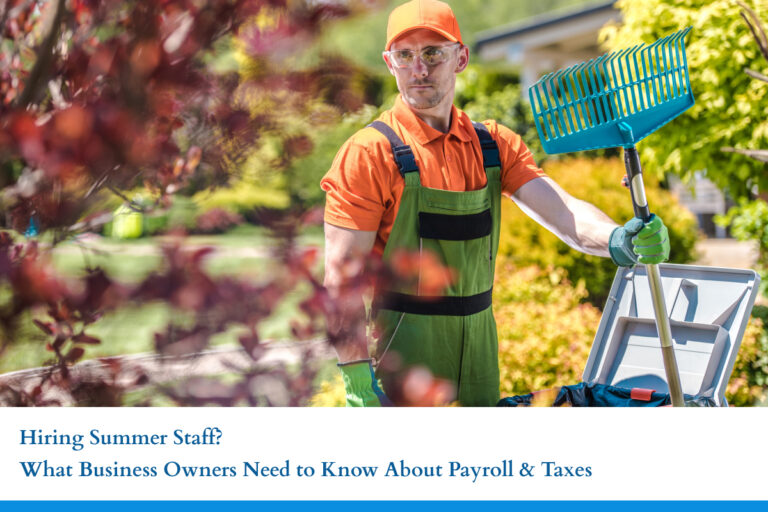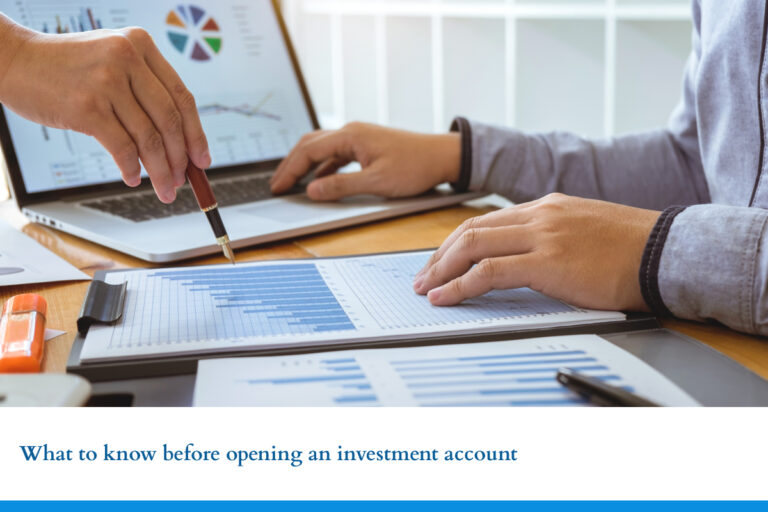We’ve all done it: made an impulsive purchase online without thinking about protecting our card. But it’s more than just your card that’s at risk. Increasingly, scammers are targeting your financial profile and even your identity.
We have a few tips to help you safeguard yourself, even as you scroll your phone late at night with a glass of wine in hand. (It’s ok, we do it, too). Make these tips a regular habit, and you’ll help protect your money, and your name.
1. Use credit cards or payment services
Credit cards provide a lot more protection than debit cards (which are tied to the funds in your bank account). Most credit card companies offer online security features like encryption and fraud monitoring. They may even have zero fraud liability, meaning that you won’t be on the hook for any purchases that aren’t yours.
Likewise, payment services are more likely than the bank to give you a refund when something goes wrong, with the ability to reverse charges or conduct an investigation. While debit cards may seem like a convenient way to live within your means, they open you up to risks that credit cards and payment services can protect you from.
2. Only buy from secure sites
Legitimate shopping sites want you to feel secure shopping online, so they’ve come up with ways to make their safety features more obvious. Always look for an added “s” on the https address, which means that the site has encryption and security measures in place to protect you. You can also look for a padlock icon in the address or just below the URL, another good indication that the site you’re about to purchase from is legit.
3. Regularly update your software
It’s easy to ignore those reminders and put it off until another day, but failing to keep your devices’ software updated can expose you to avoidable risks. These updates often include new security features that are meant to protect you from emerging threats. To prevent problems, you should always use the most updated software on your phone, tablet, or computer, especially when shopping online.
4. Create stronger passwords
12345, ihatepasswords, and any variation of your birthdate, your child’s birthdate or a pet’s name is a definite no, but it’s getting tougher to keep up with robust password creation … and to keep them all straight.
Consider using a password manager that generates and keeps track of complicated passwords that are as uncrackable as they are nonsensical. Since you should always use a unique password, having a password manager will help you avoid getting blocked out of your favourite sites for forgetting the password, even if you’re not using Luna’s name as your “secret” code.
5. Never click links
We’re sure you already know this, but clicking links can land you in deep water faster than you can say “add to cart”. When shopping online, avoid linking through social media accounts or suspicious emails. If there’s something you want to buy, take a direct route to the actual website, then look for the secure signs we highlighted in point #2.
6. Add a passcode on your phone
Sure, entering your credit information into your favourite coffee house app or adding your card to your wallet can simplify your life immensely, but it also exposes you to risk. Your mobile devices should always be protected by a passcode, so on the off chance you leave your phone unattended, no one will be able to order up a latte with an extra shot – or a fancy new laptop – before you even notice it’s gone.
7. Avoid hotspots
Leaving your password-protected phone unattended physically is one thing, but using hotspots can amount to handing over pretty much every piece of information that’s on your phone. Hotspots put you at risk for phishing by exposing login credentials and sensitive financial information to the person hosting that space, compromising your security.
Instead, choose reputable wifi providers or, better yet, save your online purchases for when you’re safely at home or using data.
8. Always sign out
On the off chance you’re using a shared computer, you probably know how important it is to sign out of any sites and never ask it to save your login or financial information, but this is good practice even on your own devices.
Retailers want to make it easy for you to hit “checkout” the next time you’re online shopping late at night, but there’s a big cost to the convenience of saved information: it puts your financial information at increased risk, making it more likely to be compromised. Instead, take the time to input your information every time – and consider it an opportunity to reconsider how much you really want to make the transaction.
9. Review your bills regularly
Yes, it’s boring and tedious, but paying attention to your bills is your best assurance that you’ll catch any fraudulent activity early, and be able to report it in a timely manner. The faster you notice that something is off, the less likely you’ll be held accountable for the expense.
Credit card companies have their own ways of tracking fraud but reporting unusual activity within their specified time frame is an additional way of protecting yourself from having to pay. Debit cards may also have limited protection, but the time period is typically significantly shorter, and even the most committed bill-reviewers may not be able to catch fraud in time.
10. Get your finances in order
It’s a good idea to stay on top of your finances generally, so that you’re more aware of anything that’s out of the ordinary. Too often, we get lazy about money matters, avoiding important conversations or failing to put plans into place that can better protect our security.
If you feel out of touch with your money, make an appointment with one of our skilled accountants at MMT Chartered Professional Accountants. We can help you establish secure financial procedures, set up secure payments, and assist you with strategies to monitor your bank activity.
It’s a new world out there – and if you’re in the market for ways to make your financial transactions more secure, it could be as simple as booking a financial consultation with MMT for professional advice you can feel good about adding to your cart.





